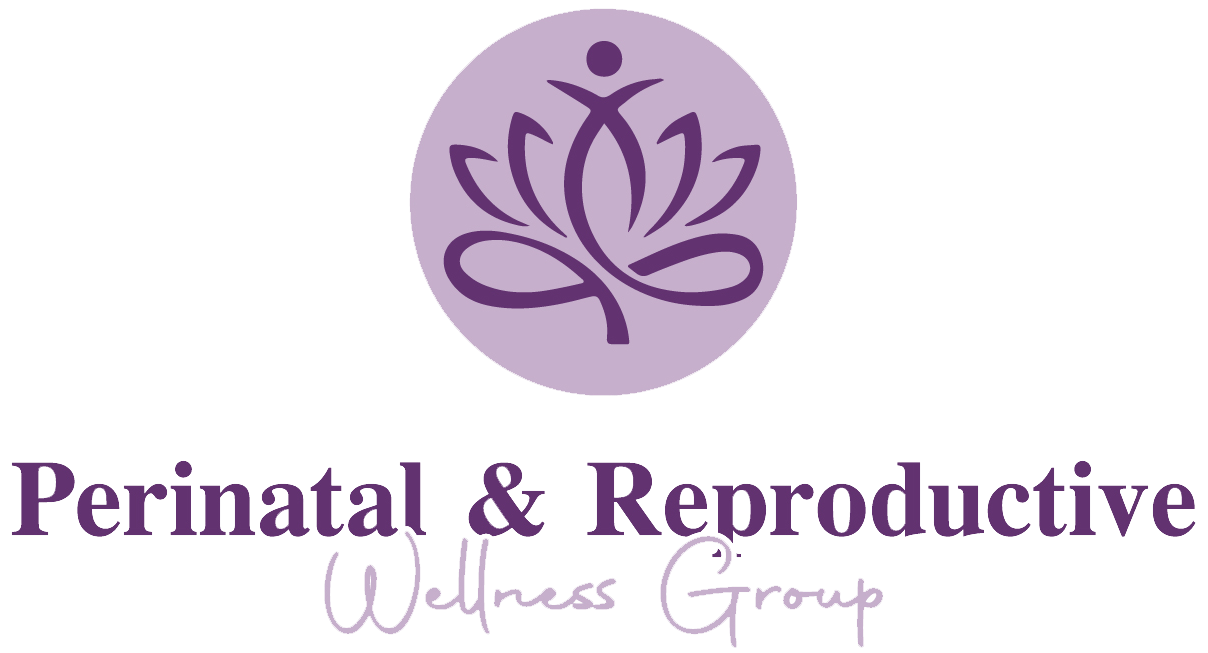Father’s Day - Reframing How We Think about What Dads Do
Father’s Day - Reframing How We Think about What Dads Do
As we approach Father’s Day, I want to take time to speak to the dads out there and encourage all of you to take some time to think about what it is that defines you as a father. Rather than scan through your memory book in search of the momentous events with your kids – encouraging them to take their first step, helping them learn to read or teaching them to ride a bike – think about how you show up for them day-to-day, in perhaps invisible ways.
While some of you draw deep strength from your paternal model, others of you are trailblazers, committed to modeling a different type of fatherhood than what you lived. Likely most of you are some of both, taking the good and reframing the less-than-ideal. And as you develop yourself as a father in the constant evolutionary process that child-rearing is, you most likely draw from all sorts of inspirational figures - men and women, family and strangers - who show you the way. Take some time to sit with these figures and think about their impact; and take some time to sit with yourself and think about how you’ve grown over the course of your journey through fatherhood, as long or as short as it has been.
New fatherhood in particular is a fraught time, with constant change intersecting with constant chaos. So, even as I concentrate much of my focus as a counselor on mothers, I also want to shine a light on a little-known statistic: 1 in 10 dads experience postpartum depression or anxiety, a number that is possibly under-reported because of the taboo around postpartum disorders in general, amplified because of its common association with women.
Resource: The Center for Men’s Excellence, a San Diego-based psychotherapy practice, has a wealth of resources for men and fathers. Their offerings include online therapy, virtual classes for expectant dads, and a blog dedicated to men’s health issues.
For Couples
This month, let’s acknowledge the different shapes fathers take, and the different roles they play in the family unit. We want to make room to celebrate families in which a single dad is going at it alone, families with two dads at the helm, families in which the dad is the primary caregiver, a co-parent, or playing a supporting role.
Regardless of what kind of role a dad plays, it’s important to remember that each individual father will want to be recognized in a way that aligns with them. If we look at the messaging around Mother’s Day and Father’s Day respectively, they are charged with implications about each parental role – implications that likely gloss over the reality of your family dynamic. While we tell families to give Mom a day off from her familial obligations – suggesting she’s the one shouldering all the burden – we tell Dad to spend the weekend with his family, grilling or doing yard work – suggesting that he’s usually the one missing from the daily routine. Add to that the fact that dad gifts have gendered implications of their own: a lawn mower, grill gear, car accessories, sports equipment. The messaging tells us that fathers are manly men who show up around the house to flip burgers, toss a football and prune the hedges. Partners, take a moment to think about the role Dad plays in the family dynamic, especially if it feels incongruent with the messaging we consume every June.
Exercise:
This month’s partner exercise is designed to help couples navigate the return-to-work period after childbirth, a topic I discuss at length in my book, Employed Motherhood. It breaks down the essential elements of communication which, when used together, make for a smoother ride. Try them out for any transitional, transformational moment.
